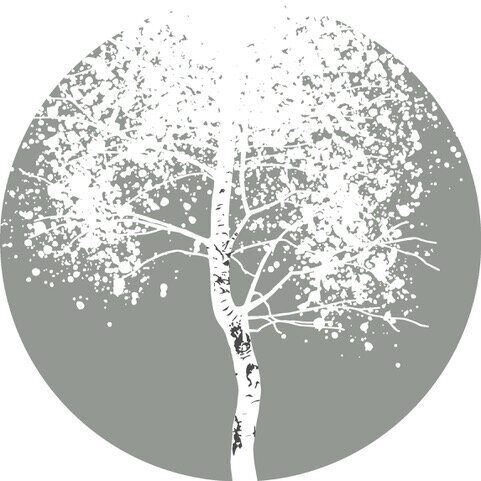An exercise in adaptability.
/Our ability to adapt to different situations depends very much on the individual. Some of us have a sensitive nervous system that requires nurturing. Others are more robust. The condition of our nervous system is determined to a degree by how stressed our mother was when we were in vitro but is also down to the amount of trauma and stress we have experienced in our life.
When we encounter a stressor, every system in our body responds. In order to return to a state of equilibrium (homeostasis), the nervous and endocrine systems have to adapt. We can help our internal recovery along by building mental strength and flexibility. Having a better understanding of ourselves promotes adaptability.
Write a list of circumstances which make you feel uncomfortable such as confrontation, being in a crowded space, driving on the motorway, meeting new people etc... Nothing triggering. As you write each one down, pause and notice how you feel in your body. What are the sensations? Where are they felt? Notice and be curious. Try not to analyse or push them away.
Now visualise the same scenarios differently:
Breathe deep down into your belly.
See yourself with your shoulders rolled back, your chest open and your head straight.
Clench your fists gently. Does that help you to feel more powerful? If it fuels anger, instead of pushing it away, notice where you feel it and how?
Feel your feet on the ground and ‘root’ down.
What other physical posture could you take?
Make a positive affirmation such as, ‘I can do this’, or ‘I’ve got this.’
Write down how you feel. Check in with your mind, body and breath. You may find it helpful to practice this visualisation before every situation with which you are uncomfortable.
Low level stress actually helps us to adapt. Each time we cope with an uncomfortable situation, we feel empowered and become more resilient physiologically and mentally. To strengthen your ability to adapt:
Step out of your comfort zone regularly.
Notice, change and notice the change.
Remember that thoughts are not facts.
Never base your present fears on past experience; no two situations are the same.
Be prepared to bend your own rules be more flexible; your way isn’t the only way.
Acceptance empowers you.
Do not allow failure to stop you. We learn from our mistakes.
Here are some other tools which you may find helpful:
Slow down - taking life at a slower pace allows us be aware of our experience and to recuperate from the challenges.
Keep a journal - writing down our feelings helps put things into perspective.
Practice gratitude - the brain has a negativity bias so force yourself to recollect the positives.
Spend time in nature regularly; it is proven to calm and ground us.
If you feel you need some support on your journey, I’m here to help. Why not book a Clarity Call and we can chat confidentially about how to take you forwards.


